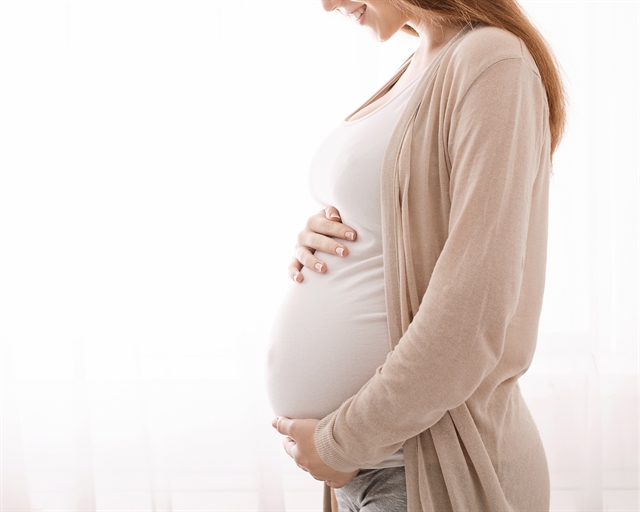 Society
Society


|
| Illustrative photo. Photo: fedandfit.com |
Are you expecting a little bundle of joy in the months to come? Being pregnant is stressful at the best of times, but with the COVID-19 pandemic raging across the world, stress levels are going through the roof. You may feel overwhelmed with anxiety and confusion over the virus and the impacts it may have on your pregnancy and childbirth. To ease your fears, here are some things you should know.
Are pregnant women at higher risk from COVID-19?
According to the World Health Organization (WHO), research is still underway to understand the impacts of COVID-19 infections on pregnant women, but at present, pregnant women don't seem particularly susceptible to the illness.
This is supported by Huma Farid, MD and Babar Memon, MD, MSc in an article published in Havard Health Publishing, saying there is no evidence showing that being pregnant increases a woman’s risk of getting COVID-19, or her risk of developing severe symptoms if she has the disease.
However, as pregnant women can be badly affected by some respiratory infections due to changes in their bodies and immune systems, the WHO says it is still important that pregnant women take precautions to protect themselves against COVID-19 and report possible symptoms.
Can the virus be passed on to the unborn baby if the mother gets infected?
It is still unclear whether the virus can be passed to a woman’s fetus or baby during pregnancy or delivery, according to the WHO.
A study published in the Lancet by Chinese researchers found that nine pregnant women in Wuhan who had COVID-19 did not transmit the virus to their babies. There was also no evidence of the virus in breast milk, amniotic fluid or cord blood.
But a later report published in the medical journal JAMA Pediatrics on March 26 that studied 33 children born in Wuhan during the COVID-19 outbreak showed three babies tested positive for COVID-19. Researchers said although post-natal infection after birth has not been excluded in the three cases, this study highlights the potential for vertical transmission.
Does having COVID-19 during pregnancy increase the chance of miscarriage or birth defects?
As this is a new virus, there is not a lot of research on how COVID-19 might affect pregnancy and childbirth. According to the US-based Mother Baby Center, there is no evidence yet that the virus increases chances of miscarriage and birth defects, but scientists say it is too early to tell. High fevers during the first trimester of pregnancy can increase the risk of certain birth defects. Suffering from other viral respiratory infections, like the flu, during pregnancy is linked to low birth weight and preterm labour.
But don’t panic. In reality, many mothers with COVID-19 have given birth to healthy babies. Most recently are the stories of two pregnant women with COVID-19 in Lima, Peru.
Can a mother with COVID-19 breastfeed?
Yes, according to the WHO. Women with COVID-19 can breastfeed if they wish to do so. But they should practice strict respiratory hygiene measures, wash hands before and after touching the baby, wear a mask where available, and routinely clean and disinfect surfaces they have touched.
What should pregnant women do to prevent themselves from catching the virus?
Just follow the same preventative measures as everyone else:




